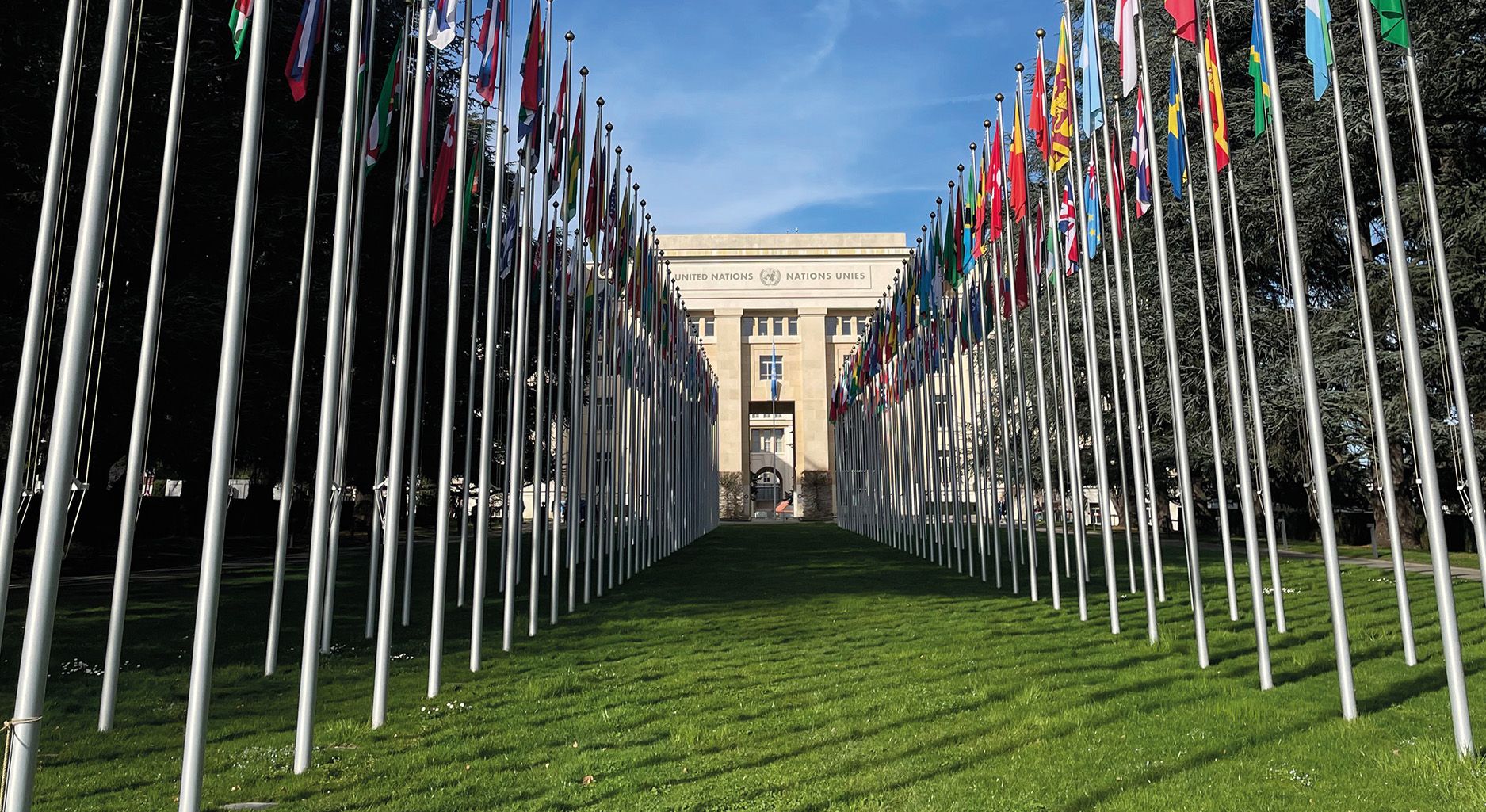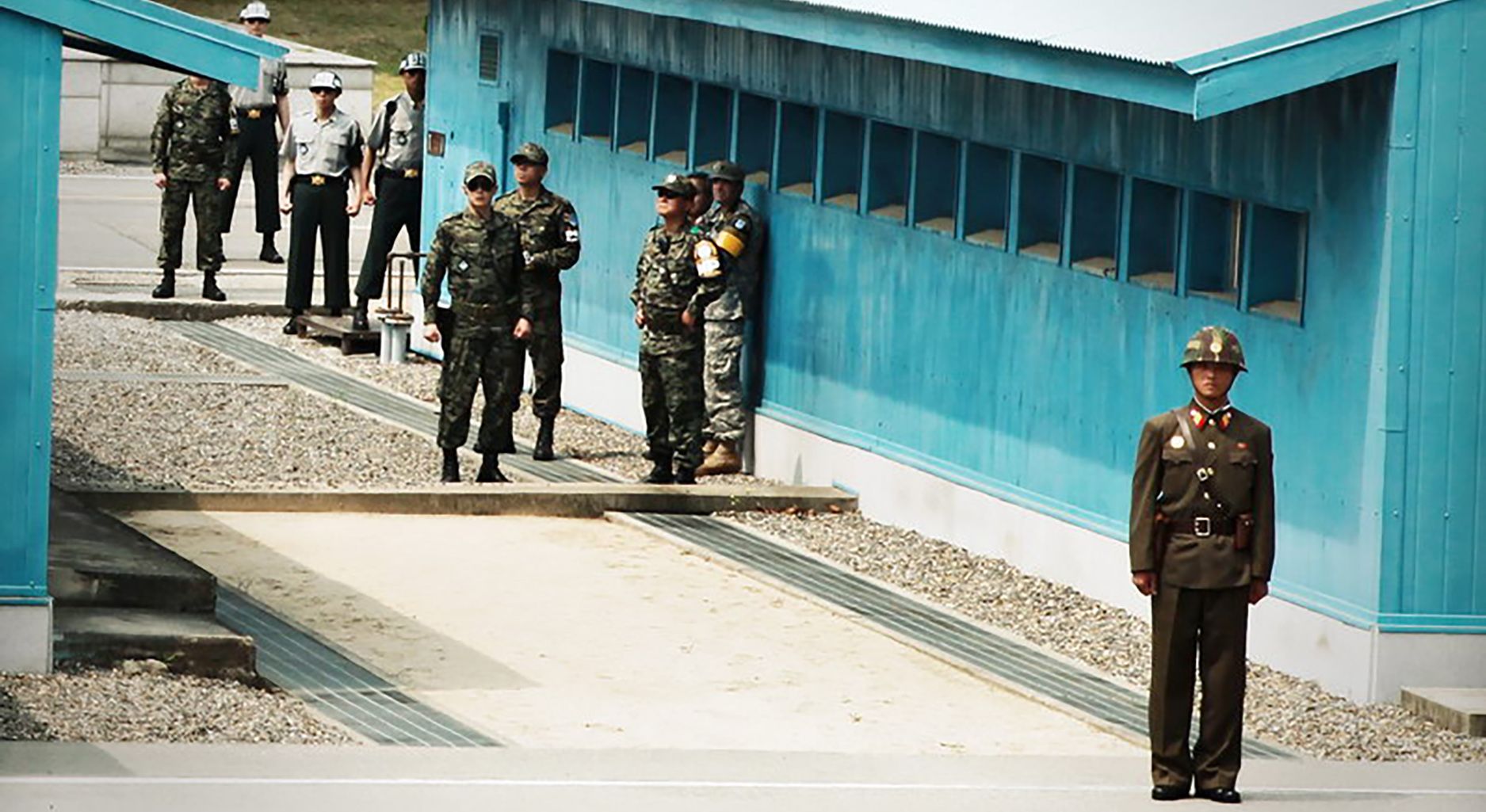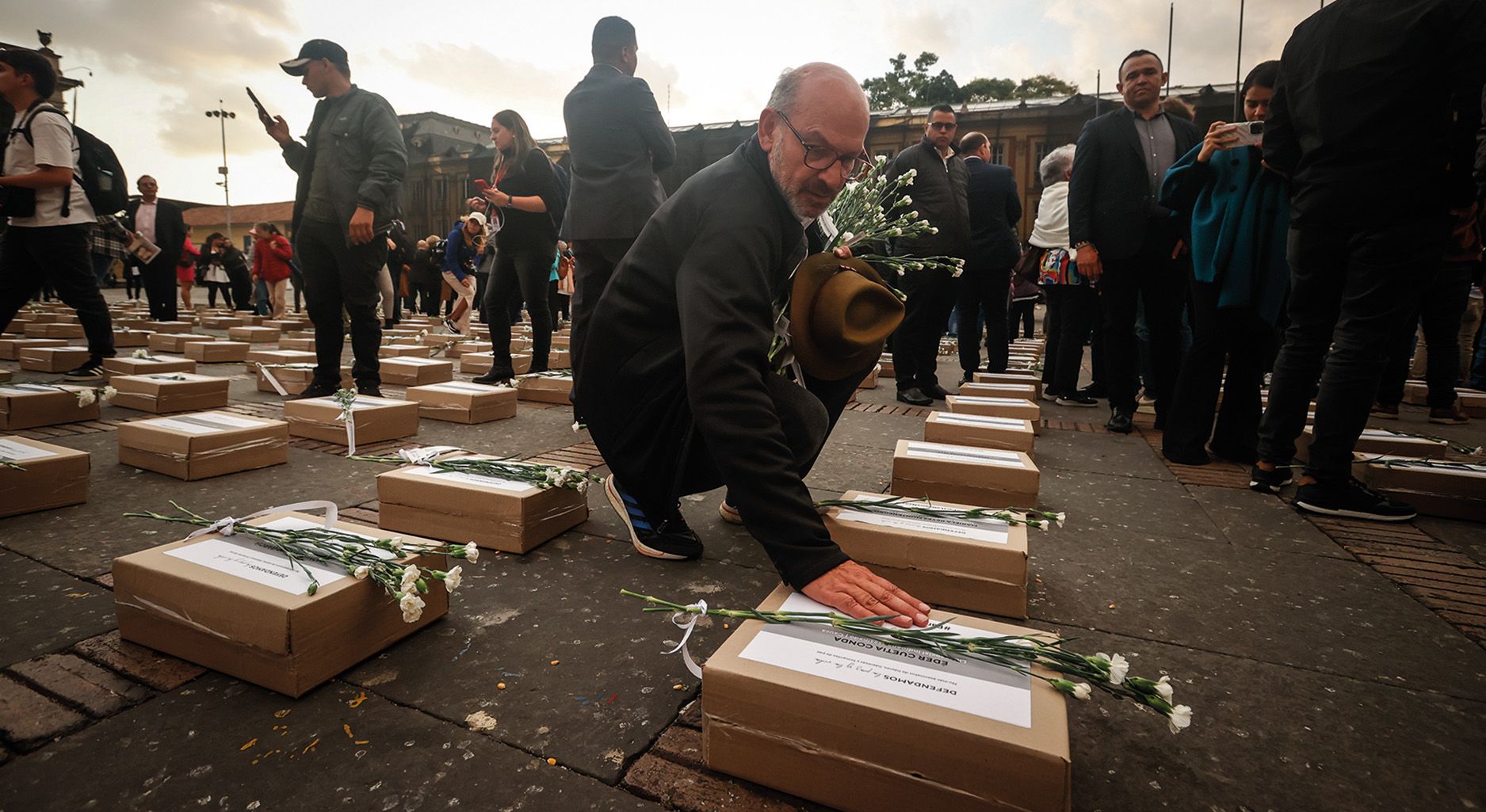Nun ist es Gewissheit: Donald J. Trump wird die USA für eine weitere Amtszeit regieren. Viel...
Between a Rock and a Hard Place: The UN Cybercrime Convention
In December 2024, UN members will vote on a worldwide Cybercrime Convention negotiated since...
Von Verflechtung zu Koexistenz: Abgrenzung als Friedensstrategie nach dem Krieg gegen die Ukraine?
Krieg ist kein unvermeidbares Schicksal und eine friedliche Welt ist möglich – dieser Optimismus...
Saving the Planet by Making Antarctica the Object of International Discord?
The recently published Emissions Gap Report 2024 warns that international ambitions must be...
Konfliktmythen. Verbreitete Fehlannahmen zu Frieden und Konflikt
In Politik, Medien und öffentlicher Debatte begegnen uns immer wieder Konfliktmythen. Bei ihnen...
Mehr als nur Abschreckung: Mittelstreckenwaffen und Multi-Domain-Operationen in Europa
Seit die USA und Deutschland am Rande des NATO-Gipfels 2024 bekanntgegeben haben, dass ab 2026...
U.S. Elections and Their Potential Impact on U.S.-Korean Relations
The upcoming U.S. elections signal a potential shift in U.S.-Korean relations. While Kamala...
Unterschiede, die keinen Unterschied machen? Trump, Harris und der israelisch-palästinensische Konflikt
Die USA sind der wichtigste Verbündete Israels, doch die Kriegführung Israels im Gaza-Streifen...
Sweden’s Accession to NATO: What Is behind the Decision?
Russia’s war against Ukraine has echoed in Northern Europe and in the Arctic, where Russia is one...
Tödliche Gewalt gegen friedlichen Aktivismus. Was wissen wir über die Ermordung von Menschen, die sich für Menschenrechte, Land- und Umweltschutz engagieren?
Im Jahr 2023 wurden laut Global Witness weltweit mindestens 196 Land- und Umweltaktivist*innen...









